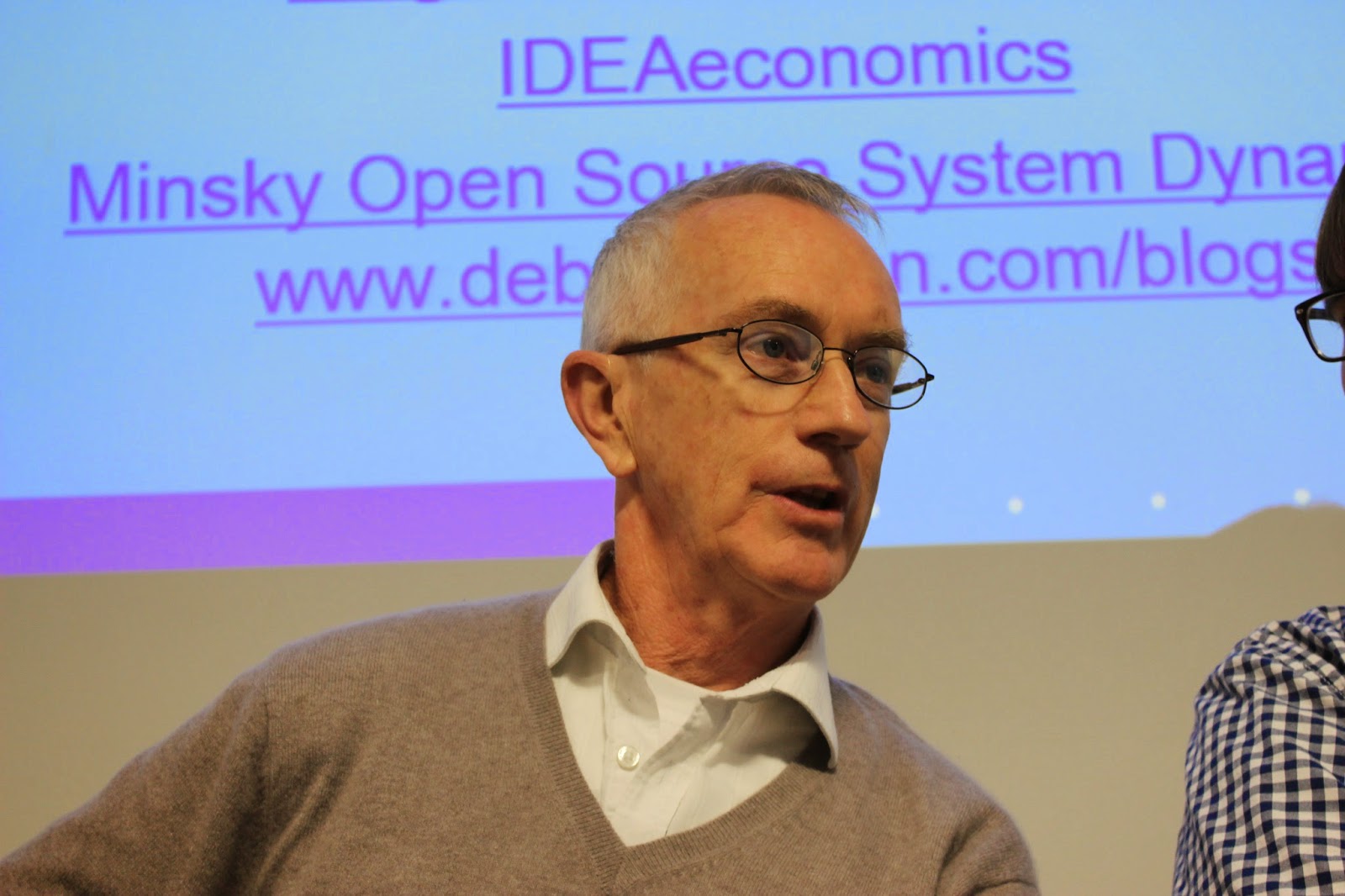A summary of the campaign to change the economics curriculum at Boğaziçi University
By Anil Askin and Serkant Adiguzel at the Boğaziçi
Political Economy Society (BPES) – www.ekop.org
In April 2013, BPES wrote a
petition to be shared with economics students (http://ekop.org/critique-of-curriculum-in-economics/).
Since BPES did not have any chance to spread the news through internal email, they figured out another way: social media. Each class of
economics students has a separate group on Facebook. In May 2013, BPES started
joining those groups and shared the petition. This had two effects. Posting the
petition created an opportunity to discuss some points with students at different phases in their study of economics. In
other words, BPES had this great chance to witness various demands, concerns
and criticisms, which indeed let BPES make concrete points afterwards. Second, BPES
found social media an effective way to make contact with fellow students:
social media was the right place to announce when and where BPES were going to
meet on campus. BPES learned a lot from this form of campaigning, from those who
did not intentionally and explicitly formulate their ideas around “pluralism”,
“heterodoxy” or any well-defined concept in opposition to the mainstream
economics. Discussing these ideas revealed a common and huge discontent with
regard to economics teaching in general.
At the end of May 2013, BPES were ready to
hand in hard copies of documents to the department. BPES also sent documents
via email to all professors individually, right before the departmental meeting
in June, which was closed to students. Then the process had begun. For one
year, the department had tried to develop a different curriculum: even
mainstream economists at Boğaziçi University were not happy with the way things
were going. Although it was hard to say that students’ demands and the
department’s projection were completely parallel to each other, the discontent
was common.
The most important change towards pluralism
in the undergraduate curriculum came with the new compulsory course called
“Evolution of Economies and Economics”, which indeed was proposed in the petition:
all the second year students now must take this course. Although the syllabus
of the course is not prepared yet, BPES can say that students will be aware that what they learn is not the only way and there are other schools
of thoughts in economics.
The new curriculum offers more selective
courses ranging from feminist or institutional economics to Marxian economics.
There were some restrictive electives before, mainly aiming to teach
neoclassical theory at an advanced level such as advanced macroeconomics or
advanced microeconomics. Students had to take these
“restrictive elective” courses and they had no chance to take another course in
lieu of these courses. Now, these courses are part of the elective course
pool showing that the hierarchy between courses such as “gender and the
economy” - which has been an elective course - and, say, advanced
macroeconomics - which was a restrictive elective - has
now vanished. The new pool consists of many courses from which students are
free to choose. Hence, students have the chance to shape their interests and to
be exposed to different schools.
A key part of criticism was the disconnection of courses and real life. BPES expect more real
life examples in all courses so that students can truly understand the
reflections of the theory in real life. Inclusion of real life examples requires greater student-teacher discussion in class. The changes that
took place in undergraduate economics curriculum at Boğaziçi University are a
big step forward.



